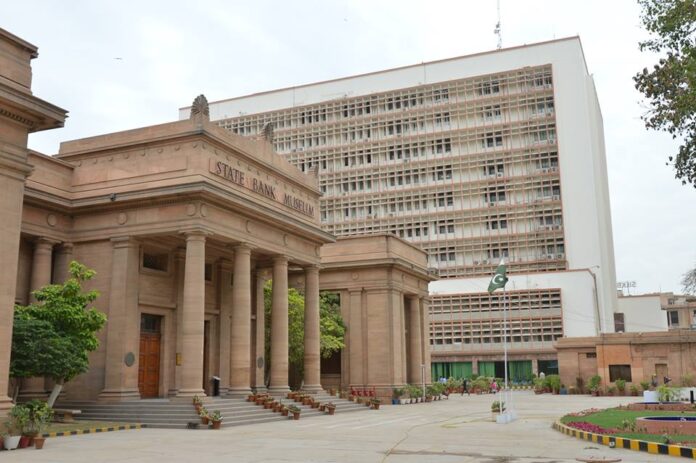The federal government’s budgetary borrowing has seen a rise of 59% during the first eight months (July-Feb) of the fiscal year FY2023-24.
According to data released by the State Bank of Pakistan (SBP), the government’s borrowing amounted to Rs3.395 trillion from July to February of the fiscal year 2024, up from Rs2.136 trillion in the corresponding period last year, marking an increase of Rs1.259 trillion.
This growth in borrowing is attributed to an increase in debt servicing costs, which have overshadowed the gains from revenue collection exceeding targets.
A report from the finance division highlighted that interest expenses for the period July-December FY24 stood at approximately Rs4.2 trillion, with domestic debt interest accounting for 88% of this figure.
The domestic debt portfolio of the government reached Rs43 trillion by January.
The interest burden has expanded in light of a 22% policy rate, leading the government to incur additional costs by borrowing at rates between 20-21%.
Despite efforts to rationalize expenditure, resulting in a primary federal surplus of Rs1.5 trillion, the fiscal deficit escalated to Rs2.7 trillion.
The finance ministry noted that 77% of the financing for the federal fiscal deficit was sourced domestically, with the remaining 23% coming from external avenues.
Furthermore, the government has retired approximately Rs1 trillion in short-term treasury bills in the past six months.
The borrowing figures for the first eight months of FY24 are nearing the total borrowing for the entire previous fiscal year, which stood at Rs3.7 trillion, and surpass the FY22 total of Rs3.133 trillion.
High inflation rates, averaging 28.7% over the last seven months, have hindered the State Bank’s ability to reduce interest rates, compelling the government to continue borrowing at high costs.
With the State Bank’s monetary policy announcement anticipated on March 18, there is speculation that even a potential 1% reduction in interest rates would not significantly ease the government’s borrowing costs.
Financial experts argue that a rate reduction to below 15% is necessary for the government to secure more affordable borrowing options.
The current interest rate of 22% is expected to further increase the fiscal deficit, despite higher revenue collection, as interest payments continue to benefit banks significantly, evidenced by their reported profit surges of 70-100% in 2023.




